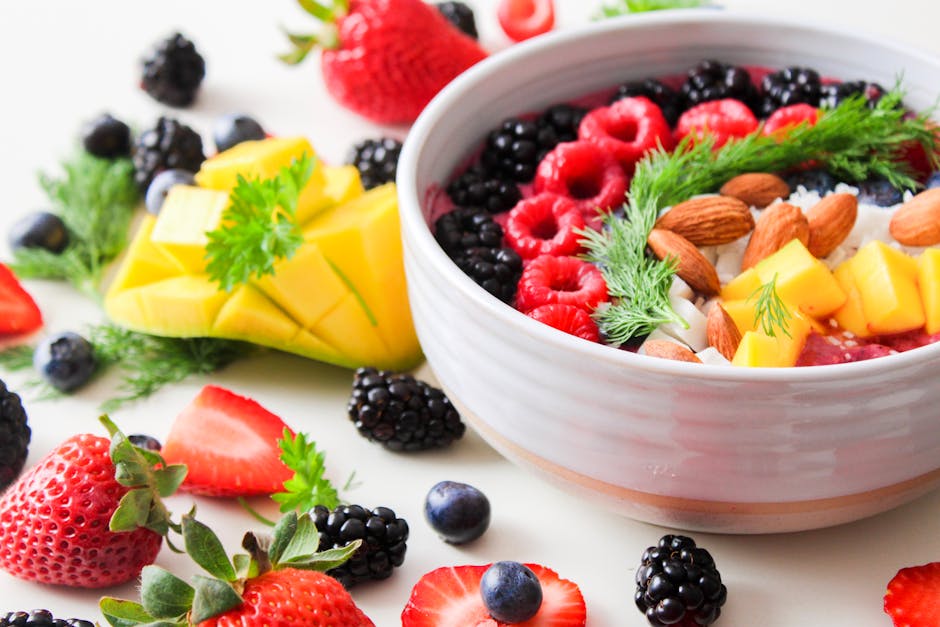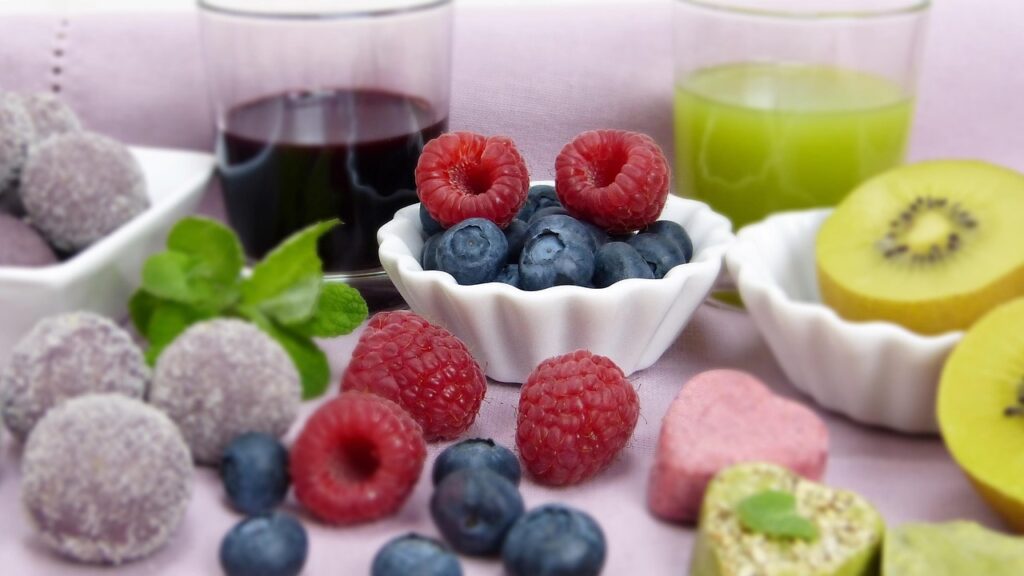Discover a complete vegetarian diet plan for fitness enthusiasts. Learn what to eat, avoid, and how to build strength and stamina naturally on a plant-based diet.
🥗 Introduction
A vegetarian diet isn’t just about eliminating meat—it’s about nourishing your body with a wide variety of nutrient-rich, plant-based foods. For those committed to fitness and strength, a well-planned vegetarian diet can be just as effective—if not better—than an omnivorous one.
In this blog, we’ll dive deep into the essentials of a vegetarian fitness diet, offering meal ideas, protein sources, and smart tips to fuel your workouts and recovery.
🏋️♂️ Benefits of a Vegetarian Diet for Fitness
- High in Nutrients: Fruits, vegetables, legumes, and whole grains are packed with vitamins, minerals, and fiber.
- Reduced Inflammation: Plant-based diets can lower inflammation, speeding up muscle recovery.
- Improved Digestion: More fiber means better gut health and efficient nutrient absorption.
- Heart Health: Lower in saturated fats, helping maintain healthy cholesterol levels.
- Weight Management: Naturally supports fat loss while preserving lean muscle.

🌿 Key Nutrients for Vegetarians Focused on Fitness
If you’re working out regularly, here are the nutrients you must prioritize:
| Nutrient | Best Sources | Importance |
|---|---|---|
| Protein | Lentils, tofu, tempeh, quinoa, Greek yogurt | Muscle repair & growth |
| Iron | Spinach, chickpeas, pumpkin seeds, raisins | Oxygen transport to muscles |
| Vitamin B12 | Fortified cereals, supplements | Nerve function, energy levels |
| Calcium | Almonds, chia seeds, fortified plant milk | Bone health, muscle contractions |
| Omega-3 | Flaxseeds, walnuts, chia seeds | Anti-inflammatory, heart health |
| Zinc | Whole grains, legumes, cashews | Immunity and recovery |

🍽️ Sample Vegetarian Meal Plan for Fitness
Morning (Pre-workout):
- Banana + 1 tbsp peanut butter
- Green tea or black coffee (optional)
Post-Workout Breakfast:
- Protein smoothie (soy milk + banana + oats + flaxseeds + plant protein powder)
- 2 boiled eggs or tofu scramble (optional for lacto-vegetarians)
Lunch:
- Quinoa salad with chickpeas, avocado, spinach, and olive oil dressing
- A cup of curd or plant-based yogurt
Snack:
- Mixed nuts (almonds, walnuts, raisins)
- Roasted chana or hummus with veggies
Dinner:
- Stir-fried vegetables with tofu
- Brown rice or whole wheat roti
- Soup (lentil or tomato-based)

🔍 Fitness Tips for Vegetarians
- Track protein intake: Aim for 1.2–2g of protein per kg of body weight if you’re training.
- Hydrate: Drink plenty of water to support metabolism and performance.
- Supplement smartly: Especially for B12, Vitamin D, and omega-3.
- Don’t skip strength training: Muscle building is key for metabolism and fitness.
❌ Common Mistakes to Avoid
- Relying too much on carbs like rice and bread.
- Skipping meals or eating too little protein.
- Ignoring vitamin and mineral needs (especially B12, iron).
- Not consulting a nutritionist or fitness expert when needed.
🧠 Final Thoughts
A vegetarian fitness diet is not only possible—it can be incredibly effective. With the right balance of macronutrients, whole foods, and a little meal planning, you’ll be able to build muscle, boost energy, and recover faster—all without meat.
Plant-based power is real, and it’s time to unlock it 💪🌱



